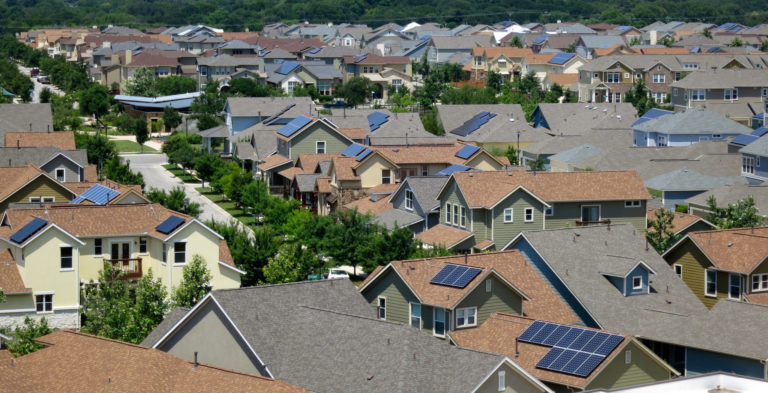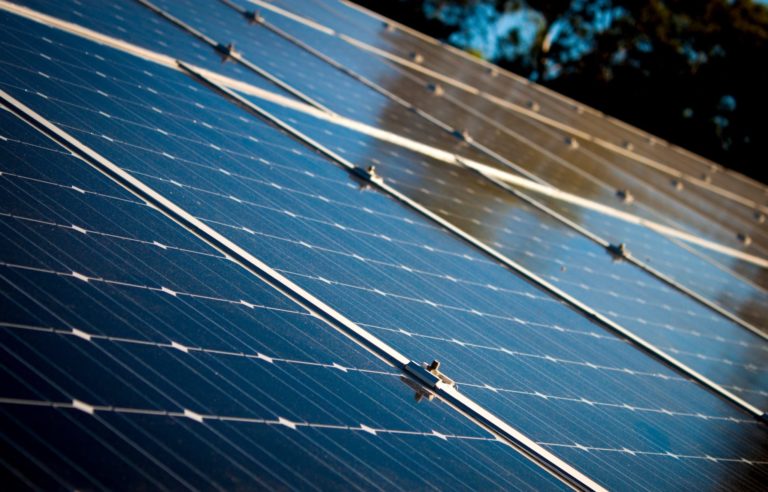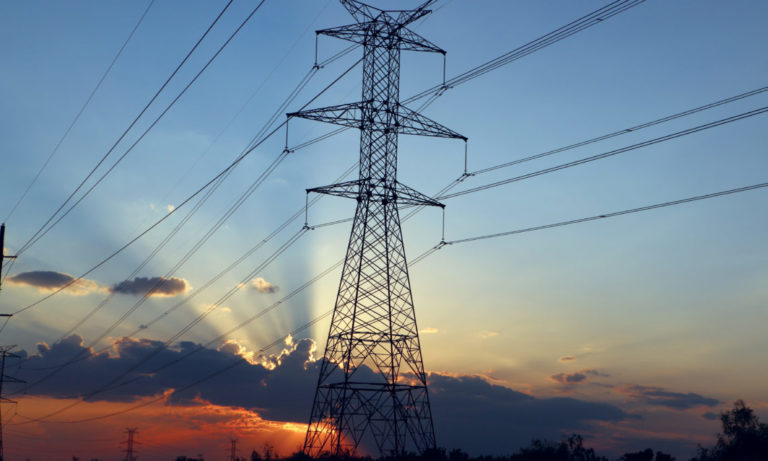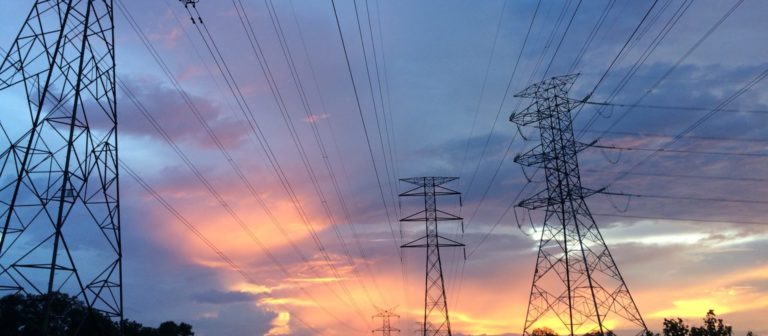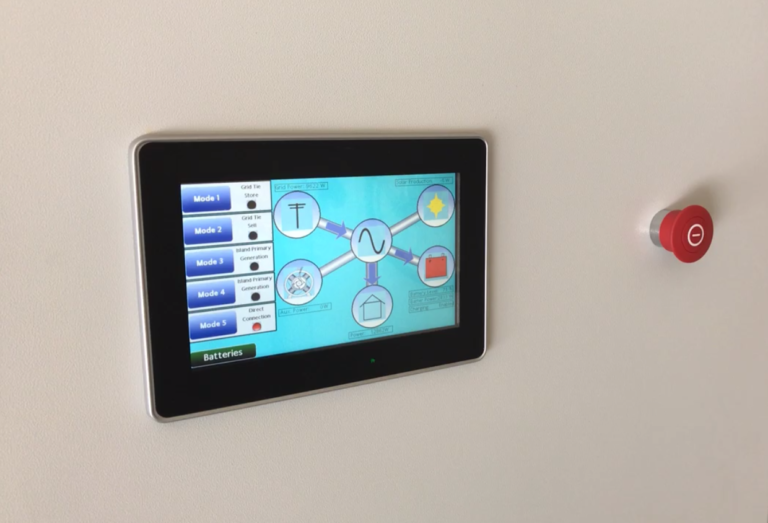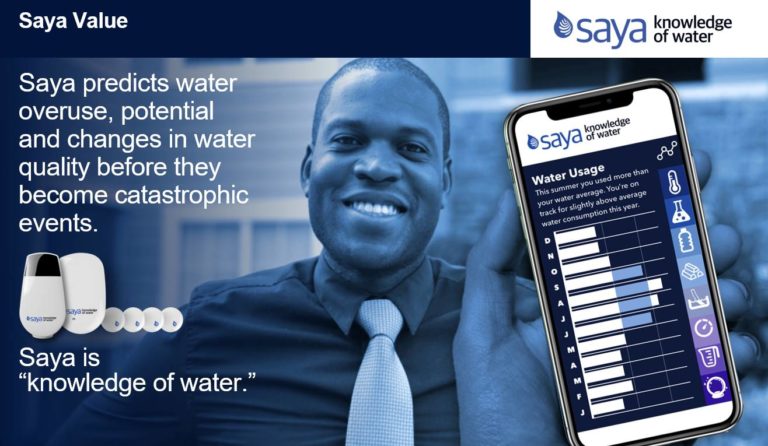November 1, 2021
As climate action takes center stage this week at the COP26 conference in Glasgow, Pecan Street will reflect on some of the issues we believe will be key to keeping global temperatures from rising above 1.5 degrees.
Topics will include, AI applications for soil carbon sequestration, energy equity, water equity, and electrified transportation infrastructure. First up is energy data.
The following article detailing our position on the need for a federal data utility was authored by Pecan Street CEO Suzanne Russo and was originally published by the Forbes Technology Council.
By Suzanne Russo, CEO, Pecan Street
The tech world is going through a data identity crisis — from Google searches to Facebook profiles. Who owns your data? Who can use it? Whose responsibility is it to protect it?
But this challenge is bigger than big tech. Catalyzing clean energy markets requires integrating consumer device data with our electric grids.
If we want to solve the climate crisis, we need to come up with some answers to the data riddle, fast. Because decarbonizing the global economy will require tons of data and a system of rules and regulations that allow customers and energy products to access, use and share it simply, easily and for free.
When Pecan Street launched our energy research network a decade ago, we had to create our own data platform to record, verify, secure, and share the massive data stream our devices produce. Nothing like it existed, and there were few standards and no rules to follow. Though we still have the largest data stream and database of residential energy use on the planet, its size is dwarfed by what will be needed to optimize the millions of solar rooftops, appliances, HVACs, home energy management systems, home batteries and V2G electric vehicles that will make our lives carbon-free.
With few exceptions, the electricity systems in today’s homes and businesses are technically simple. We turn a device on and power flows to it along an electrical wire. Despite efficiency improvements in heating and air conditioning equipment and new thermostats that control them, HVAC is fairly simple, too.
Compare that to the kind of sophisticated communication technology and nano-second-level coordination that will be needed to maximize carbon reductions across our energy systems. Homes in the near future will need to:
- Respond to market conditions, including price and emission data signals sent to them over smart meters.
- Triage and prioritize variable loads within the house (e.g., HVACs, refrigerator compressors).
- Prioritize electricity flow — from the grid or solar panels to appliances, home batteries or EV batteries.
- In the case of EVs and home batteries, determine the optimum times to charge, discharge for home use and discharge back to the grid.
Each of these decision points will happen multiple times per hour, perhaps even minutes, and none of them are feasible today given the dearth of energy-related data that would tie all of these uses, assets and appliances together to work as one energy system.
Two years ago, I asked a group of university engineering faculty and regional utility managers a series of energy data questions:
- Who’s going to own and manage the platform that integrates customer-side energy resources data with the grid? A utility? A traditional tech company like Google, Amazon or Apple? Or an unknown, regulated entity, like a data utility?
- Who is responsible for data protection and privacy standards for data generated by customer-sited distributed energy resources?
- Who will develop and enforce cybersecurity standards for customer devices communicating with and integrating into the electric grid?
No one had answers other than “not us.” Not because they weren’t experts but because they were either data experts or utility experts — not both. This is a whole new ballgame, and today, these questions are still largely unanswered.
Several tech companies are dipping their toes into data policy and regulation. Facebook has called for more collaboration between regulators and tech companies though its efforts are seen by some as an act of self-preservation. In June, Ohio’s Attorney General filed a suit to classify Google’s search engine as a “public utility,” which would place it under public regulation.
Ohio’s approach echoes a possibility Pecan Street has articulated for several years: the creation of a data utility — staffed with data scientists, computers scientists, cybersecurity experts and domain experts — that would prioritize customer privacy and protection, limit profiteering, require transparency, and advance the integration of data and computer science into our nation’s grid system.
New York State’s Energy Research & Development Authority (NYSERDA) is setting some interesting precedent in this area. Recognizing that effective access to energy data will play a critical role in the clean energy transition, New York recently announced that it will create a statewide data platform (the Integrated Energy Data Resource) to provide a solution to the current lack of coordinated, transparent, and easy access to energy-related data collected by utilities. In doing so, New York is effectively taking the job of sharing data with third parties away from energy utilities and is establishing a new regulated system to do this job.
What’s happening in New York and Ohio is promising. But to avoid the worst-case scenarios on climate change, we don’t have the time to wait for states to figure this out 48 more times. Solutions need to come from the federal level. Rather than address data ownership and privacy questions that affect companies like Facebook, Amazon and Google piecemeal, we should pursue a cohesive regulatory environment for all consumer data. It will be good for people and for the planet.









